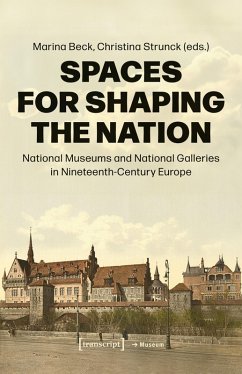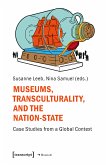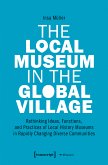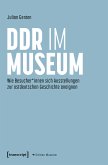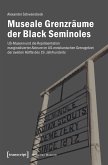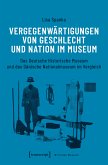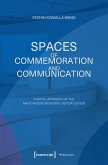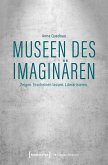As spaces of knowledge, the national museums and galleries of nineteenth-century Europe played an important role both in the shaping of nation-states and the education of their populations. In this context, such institutions sought to convey the history of the people, for example by displaying pictorial cycles of important scenes from their history, exhibiting objects associated with certain formative events, or arraying period rooms to promote a specific impression of the past. The contributions to this volume examine the purposes and educational strategies of national museums and national galleries via case studies from Denmark, France, Germany, Great Britain, Italy, the Netherlands, Poland, Sweden, and Switzerland.
